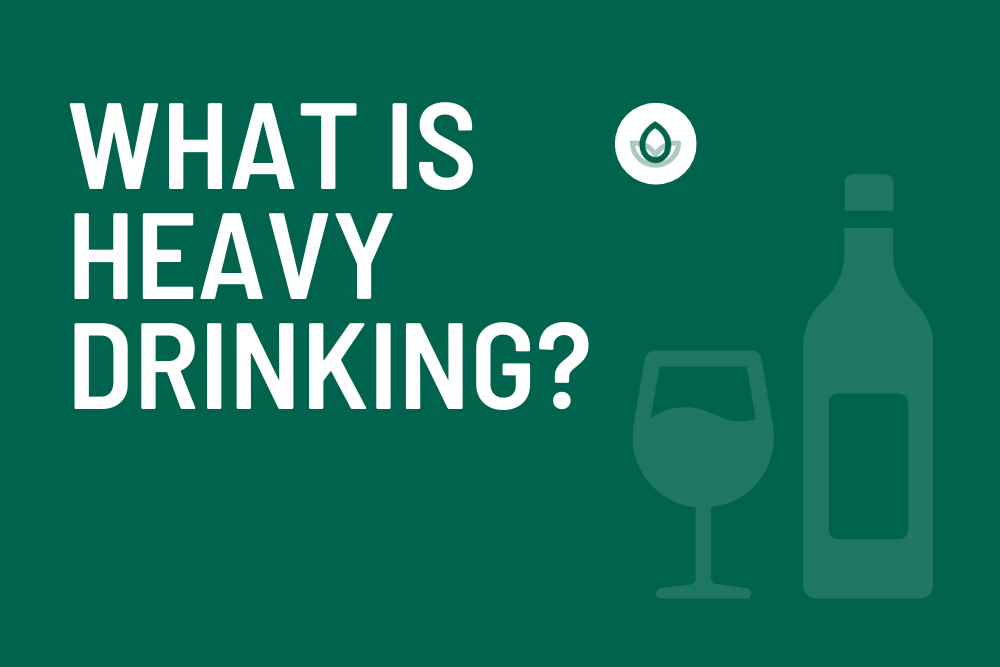Alcohol has serious effects on decision-making and health, and drinking any amount can have consequences. The risk doubles when people become heavy drinkers, especially if they don’t recognize how much they’re really consuming—and how it can impact their lives.
Heavy Drinking Definition
What is considered heavy drinking is based on how many drinks you consume or how often. For men, heavy drinking is defined as more than four drinks on any given day or more than 14 in a week. For women, it is more than three drinks in a day or more than seven in a week.
People who drink heavily may be binge drinkers. Binges are more than five beverages for men or four for women in about two hours. No definition of heavy drinking or binge drinking allows people to use a high tolerance as a reason for consuming more alcohol.
How much alcohol is too much is related to drink size. If someone drinks at home or at a place with larger pours, they must consider the total amount they are consuming. For example, one 12-ounce regular beer is one standard drink. If they are drinking pints, three beverages amount to 48 ounces. That is the equivalent of four drinks. Five ounces of wine also equals one drink.
Consequences of Excessive Drinking
There are short- and long-term risks to heavy drinking that affect your health, family life, and ability to perform well at school or work.
Short-Term Risks
Heavy drinking puts you in immediate danger of:
- Risky sexual behavior that can result in pregnancy or STDs
- Injuries from motor vehicle accidents, falls, burns, and drowning
- Alcohol poisoning
- Increased risk of violence, including homicide, partner violence, suicide, and sexual assault
- Miscarriage, stillbirth, or fetal alcohol spectrum disorders
Long-Term Risks
Over time, continued heavy drinking results in:
- Increased risk of cancers of the mouth, throat, liver, colon, and breast
- Weakened immune system
- Health problems such as liver disease, stroke, heart disease, high blood pressure, and digestive problems
- Learning and memory problems due to brain damage
- Mental health problems such as anxiety and depression
- Social problems that affect your family and work life, including unemployment
- Alcohol use disorder
If you continue drinking despite knowing it is negatively affecting your health, social, or work life, you have alcohol use disorder. This does not mean that you can’t stop. It means you will have to work hard to wean your body and mind off alcohol and change the focus of your life to setting and meeting positive goals.
Several proven treatment methods can help you stop drinking altogether. Seek help from a program with a proven track record of guiding people through their recovery by providing caring, compassionate support and effective treatments.
Drinking Too Much Alcohol?
If you or a loved one need help to stop heavy drinking, call Lakeside-Milam Recovery Centers at (866) 582-5769 or contact our recovery experts through our confidential online form. We believe there is hope for healing for all people with substance use disorders, and we treat every person with empathy and respect. Our evidence-based treatments can help you reach the substance-free life you deserve.






